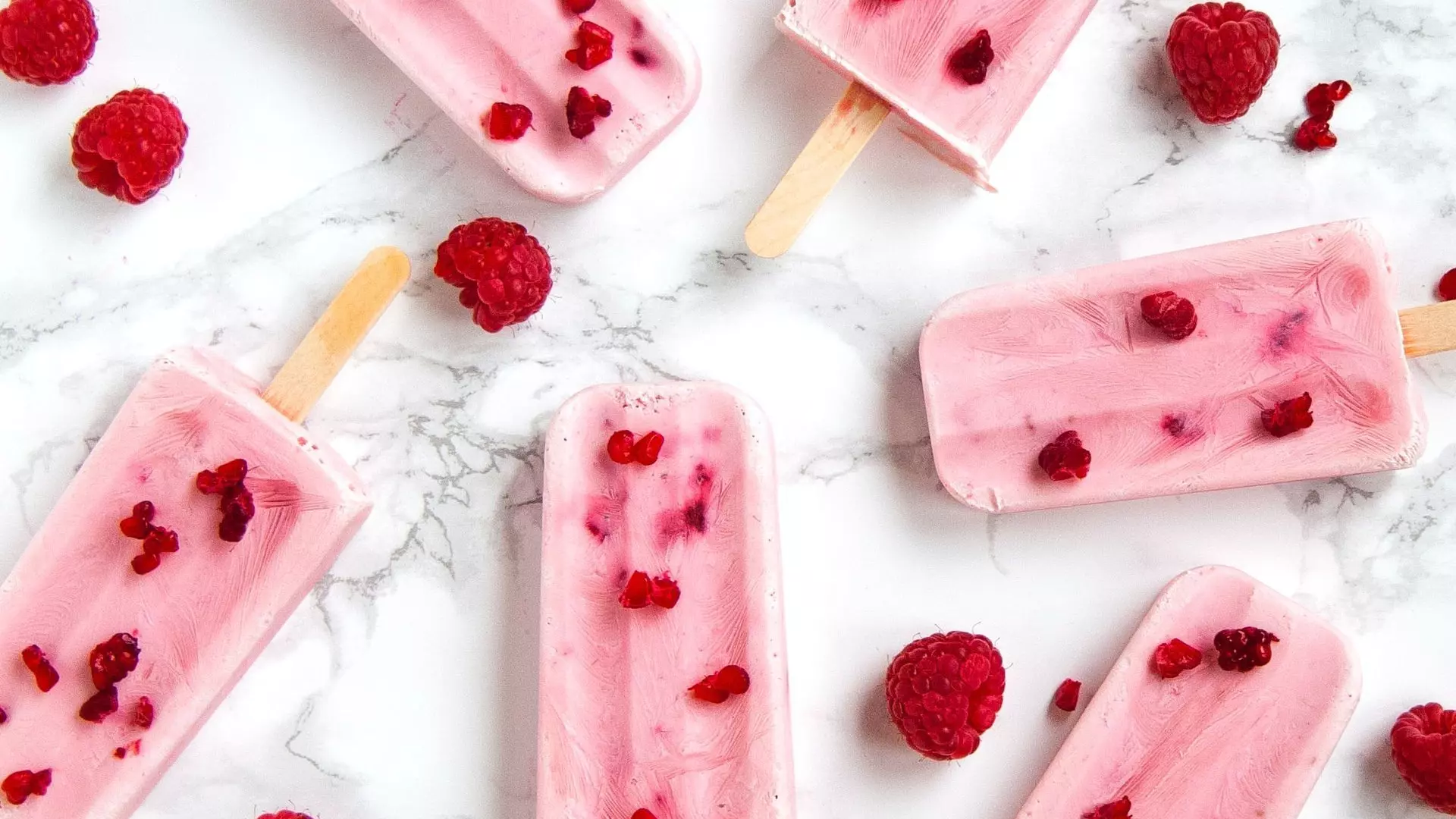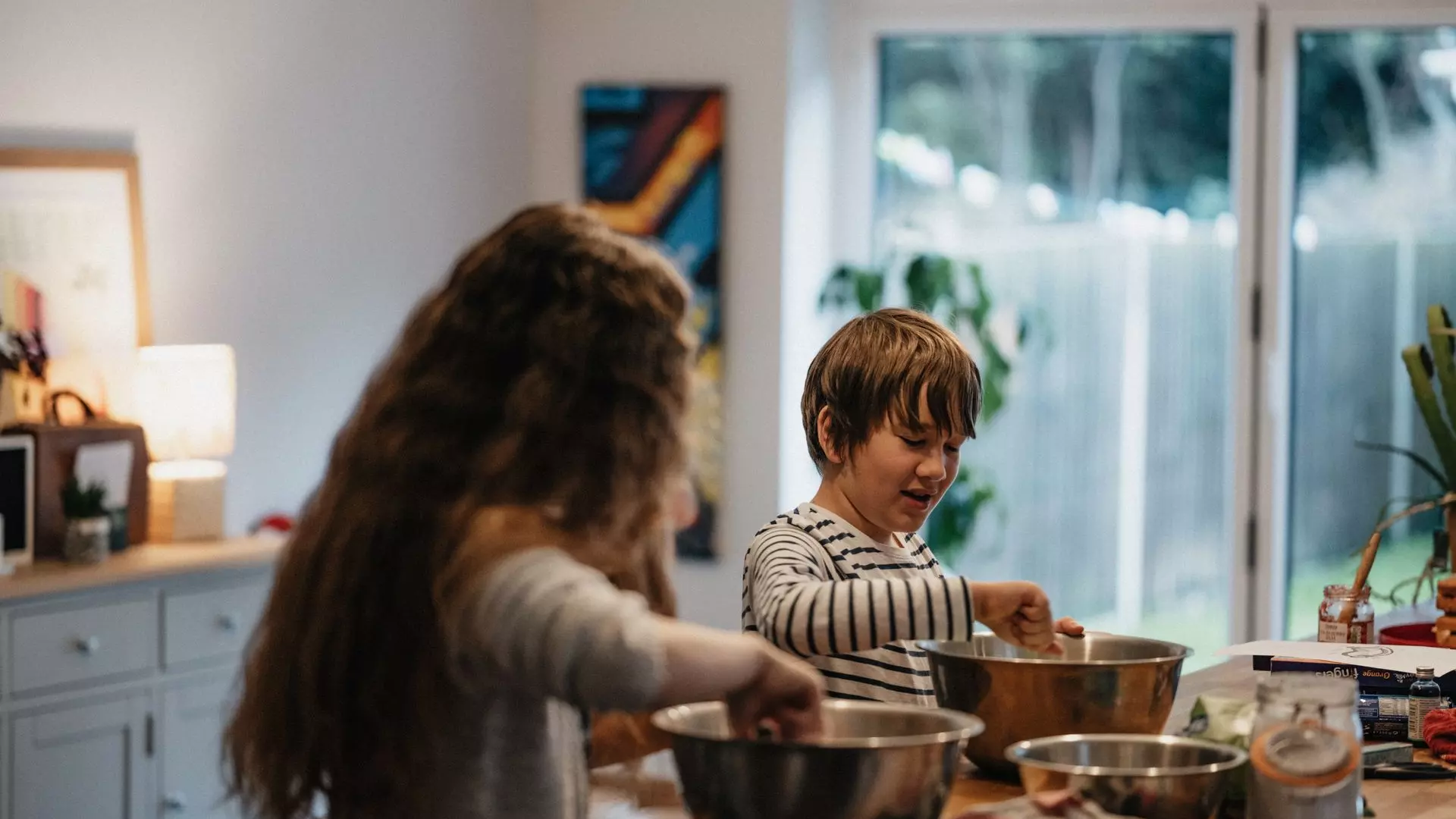Article
10 Easy Ways to Help Kids Develop Healthy Habits

Helping children build healthy habits is one of the most impactful gifts you can give them, setting a foundation for a lifetime of wellbeing. Establishing a balanced lifestyle that includes regular physical activity, nutritious eating, and sufficient rest equips kids with the tools they need to thrive both physically and mentally.
If you’re looking for straightforward, effective ways to instil these habits in your little ones, here are ten practical tips, tailored for Australian families, to get you started.
1. Create a Daily Routine
Kids thrive on consistency, which makes routine an essential element of a balanced lifestyle. By creating a schedule that includes set times for meals, play, study, and sleep, you provide a sense of security and structure that can help children feel more in control and confident.
Pay The Nanny Tip: Early dinners and bedtimes work well with Australia’s warm, extended evenings. For instance, try scheduling outdoor activities after dinner so that children can enjoy the fresh air without exposure to the midday sun. Consistency is key, aim for similar times each day so that routines become second nature.
Extra Resource: Check out the Australian Parenting Website, Raising Children Network for more tips on establishing routines that work for all ages.
2. Lead by Example
Kids are keen observers, often modelling their behaviour on the adults around them. By eating healthy, exercising regularly, and managing stress effectively, you naturally instil those behaviours in your children. Showing them that healthy habits are a natural part of everyday life helps them adopt these routines without feeling pressured.
Why It Works: When kids see that you genuinely enjoy healthy habits, like cooking nutritious meals or going for morning walks, they’re more likely to view these activities positively. For example, if they see you prioritising breakfast every day, they’ll understand the importance of starting their day with a nutritious meal.
Pay The Nanny Tip: Incorporate local ingredients like avocados, sweet potatoes, and mangoes, which are both delicious and packed with essential nutrients!
3. Encourage Active Play Every Day
Physical activity is essential not only for kids’ physical health but also for their mental wellbeing. Active play can mean anything from organised sports to casual family games in the backyard. The key is to make movement a regular, enjoyable part of their day.
Pay The Nanny Tip: Take advantage of Australia’s outdoor lifestyle by encouraging activities like beach games, hiking, or a friendly game of backyard cricket. Active play not only burns off energy but also gives kids a natural outlet for expression and helps develop social skills through teamwork and cooperation.
Did You Know? Studies show that children who are physically active tend to do better academically and socially. Active play is a win-win for body and mind!
4. Make Healthy Food Fun
Getting kids to embrace healthy foods can be tricky, but by making mealtime exciting, you can encourage them to explore new tastes and textures. Try involving kids in the kitchen, allowing them to help with meal preparation or choose colourful veggies to add to their plates.
Fun Ideas: Make fruit skewers with strawberries, blueberries, and mango, or create fun veggie shapes for a rainbow wrap. When kids take part in the food preparation process, they’re more likely to eat what they helped create.
Pay The Nanny Tip: Use fresh, seasonal produce, think sweet summer fruits like pineapples and watermelons in the warmer months and hearty root vegetables like carrots and pumpkins in winter.
5. Limit Screen Time
Screen time is a common part of kids' lives today, but too much can limit their creativity, physical activity, and sleep quality. Setting healthy boundaries around screen usage is vital for ensuring children have time for other important activities like play, exercise, and social interaction.
How to Limit Screen Time: Establish screen-free zones (such as bedrooms or dining areas) and opt for alternative activities like reading, crafting, or outdoor play. Schedule screen time so kids know when they can and cannot use devices, helping them develop self-control.
Pay The Nanny Tip: On weekends, take advantage of the beautiful parks and beaches nearby. Spending time outdoors not only reduces screen time but also helps kids stay active and engaged with nature.
Extra Resource: For guidance on screen time recommendations, check out Health Direct’s advice on appropriate screen usage for different age groups.
6. Prioritise Quality Sleep
Quality sleep is crucial for children’s physical and cognitive development. When kids sleep well, they’re more focused, more alert, and in a better mood throughout the day. Establishing a calming bedtime routine can make the transition to sleep smoother and help kids wind down after a busy day.
Pay The Nanny Tip: Involve activities like storytelling, quiet reading, or a gentle lullaby before bed. Avoid screens before bedtime, as the blue light from devices can disrupt melatonin production, making it harder to fall asleep.
Bedtime Tip: Keep the bedroom a tech-free zone to ensure it’s a restful environment that promotes uninterrupted sleep. Adjust bedtimes based on your child’s needs, aiming for 9–12 hours per night for primary-aged kids.
7. Reward Healthy Choices
Positive reinforcement can be powerful for kids. Recognising when they make healthy choices, like eating their veggies or choosing outdoor play over screen time, can motivate them to keep up these good habits. Rewards don’t have to be material—sometimes, extra playtime or choosing the weekend family activity can be all the encouragement they need.
Why It Works: Rewards create a positive association with healthy choices, making kids feel good about their efforts. This method is also a great way to boost self-esteem and reinforce healthy behaviour.
Pay The Nanny Tip: Use simple rewards, like a trip to the park or allowing them to pick a family movie. The key is to make it fun without relying on sugary treats or screen time.
8. Teach Them About Hydration
Hydration is essential, but kids often forget to drink enough water, especially when they’re busy playing. Encourage them to carry a water bottle and explain how staying hydrated helps them stay strong, focused, and energetic.
Pay The Nanny Tip: During summer, temperatures can soar, increasing the risk of dehydration. Remind kids to take frequent sips and keep an eye on how much they’re drinking, especially during active play.
Hydration Hack: Let kids choose a fun, reusable water bottle and make drinking water an exciting activity. For older kids, you can even set little hydration goals, like drinking a certain number of sips every hour.
9. Practise Mindfulness Together
Teaching mindfulness to children can help them manage stress, enhance focus, and stay calm in challenging situations. Simple techniques like deep breathing or guided imagery are easy for young kids to learn and practise.
How to Start: Begin with five minutes of deep breathing or ask them to focus on one sense, like noticing what they can hear or feel in a quiet space. This can become part of a calming bedtime routine or used after a long day at school.
Pay The Nanny Tip: Try outdoor mindfulness practices like a beach walk where kids can focus on the sound of waves, or a nature hike where they can spot different plants or animals. Nature-based mindfulness can help kids feel grounded and calm.
10. Make Exercise a Family Activity
Kids love movement, and exercise becomes even more enjoyable when it’s a shared activity with family. Whether it’s a weekend bushwalk, a swim, or a backyard game of soccer, making fitness a family affair is a great way to get kids moving and make lasting memories.
Pay The Nanny Tip: Australia has some of the best outdoor spaces in the world. Explore local bushwalks, beach days, or family bike rides along scenic trails. These experiences not only foster fitness but also encourage appreciation for the environment.
Extra Resource: Find local parks and activity ideas at the Australian Government’s Healthy Active Kids website, which offers tips for families looking to stay active together.
Wrapping Up
Developing healthy habits in kids is a gradual process that doesn’t have to feel like hard work. The key is to start small, integrate these habits into daily routines, and lead by example. Remember, you don’t need to do it all at once! Introduce one habit at a time and watch your kids’ health and confidence grow as they build these positive behaviours.
Looking for an extra hand with supporting your family? At Pay The Nanny, our team understand the importance of healthy routines for children. Check out our services and learn more about how we can assist with the payroll so you can focus on building strong habits for your children.
Here’s to a healthy, happy future for Aussie kids!

Nanny-Approved Recipes: Healthy and Delicious Meals for Kids

7 Fun Baking Ideas to Do with Kids

All the Summer Ice Block and Ice Cream Recipes the Kids Will Love

10 Tips to Get The Kids to Exercise
